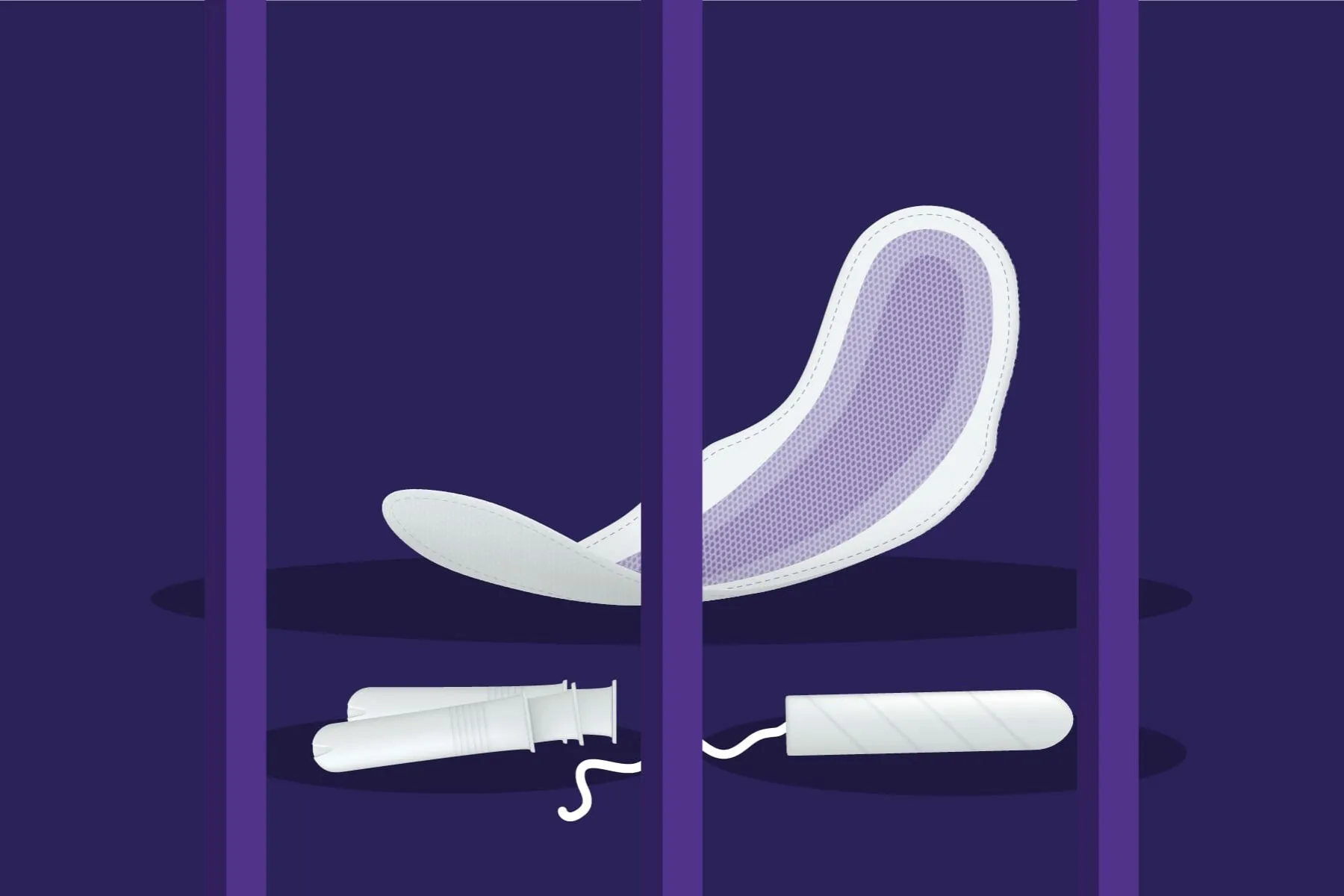Locked Up and Left Behind: The Devastating Impact of Period Poverty on Women in Prison

India has one of the largest prison populations in the world, and a significant number of the prisoners are women. Many of these women are undertrial prisoners, meaning they have not been convicted of a crime and are in detention while awaiting trial. Female undertrial prisoners in India face a range of challenges, and access to health and sanitary products, like pads, is one of the main issues they face.
The condition of female undertrial prisoners in India is often dire. These women are often from marginalized communities, including Dalits and Adivasis, and many are impoverished and have limited access to basic necessities like food and water. They often live in overcrowded and unsanitary conditions, with little to no access to medical care or mental health support.
One of the main challenges faced by female undertrial prisoners in India is the lack of access to adequate menstrual hygiene products, like pads. Many female prisoners rely on pieces of cloth, rags, or even newspapers during their periods, which can lead to serious health issues like infections and urinary tract infections.
The lack of access to pads and other menstrual hygiene products is often due to a lack of resources and infrastructure in prisons. Some prisons do not have proper sanitary facilities or access to clean water, making it difficult for female prisoners to maintain proper hygiene during their periods. Additionally, many prisons do not provide pads or other menstrual hygiene products for female prisoners, leaving them to fend for themselves.
The inadequate access to menstrual hygiene products can also have an impact on the mental health of female undertrial prisoners. The lack of access to pads and the associated stigma can lead to feelings of shame and isolation, particularly for women from conservative and traditional backgrounds.
Furthermore, the lack of access to menstrual hygiene products can have long-term health consequences. The use of unclean, unsanitary materials during menstruation can lead to infections, which can lead to complications if left untreated.
Several initiatives have been started in India to try to address these issues. For example, in 2018, the Delhi High Court directed the Tihar Jail authorities to provide sanitary pads to all female prisoners, including undertrial prisoners. Similarly, in 2019, the Maharashtra government launched a program to provide free sanitary pads to female prisoners in all the state's jails.
However, despite these initiatives, the issue of access to menstrual hygiene products and other basic necessities remains a serious concern for female undertrial prisoners in India. More needs to be done to improve the living conditions and health care access of female prisoners, including adequate access to menstrual hygiene products.
The condition of female undertrial prisoners in India is a concerning issue, and the lack of access to menstrual hygiene products is just one of the many challenges they face. Improving the living conditions, providing access to basic necessities like proper food and water, and improving medical care and mental health support for female undertrial prisoners needs to be prioritized. By addressing these issues, India can move towards a more just and equitable society for all.